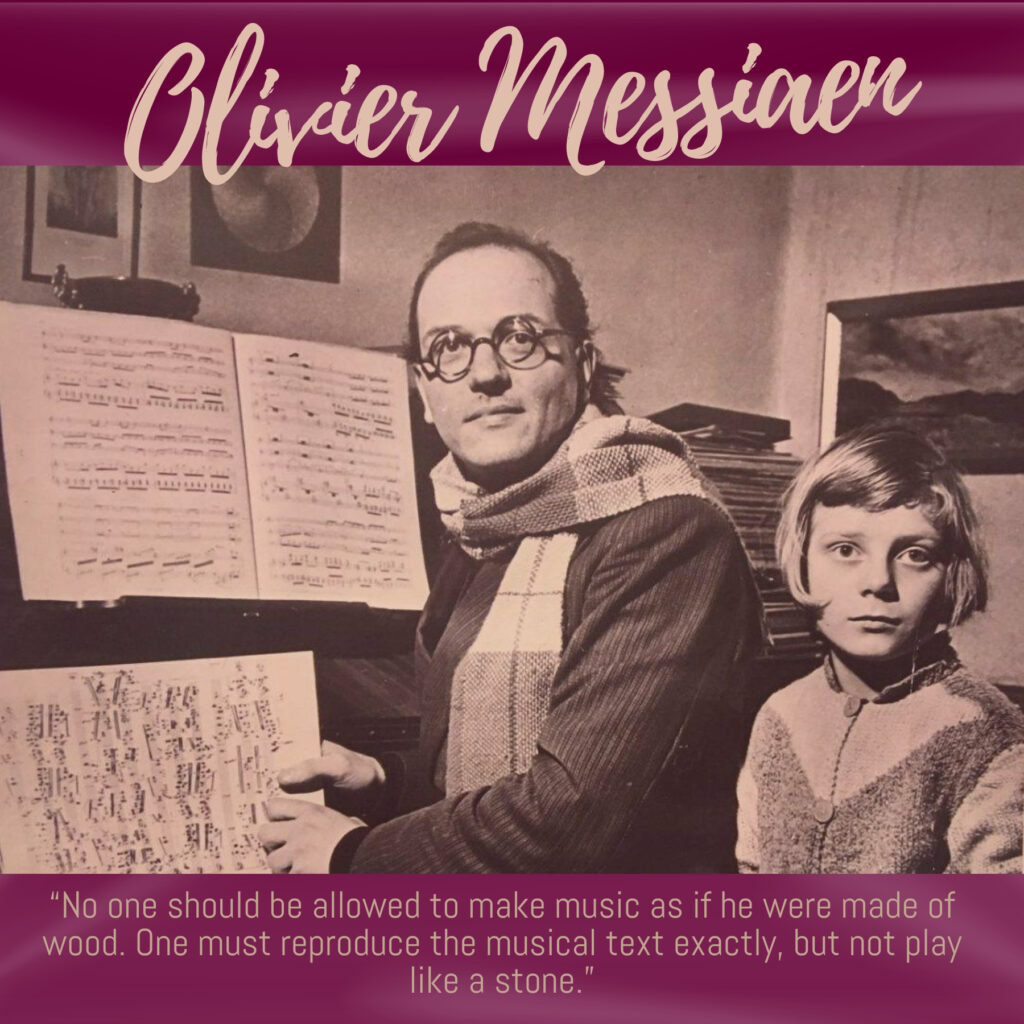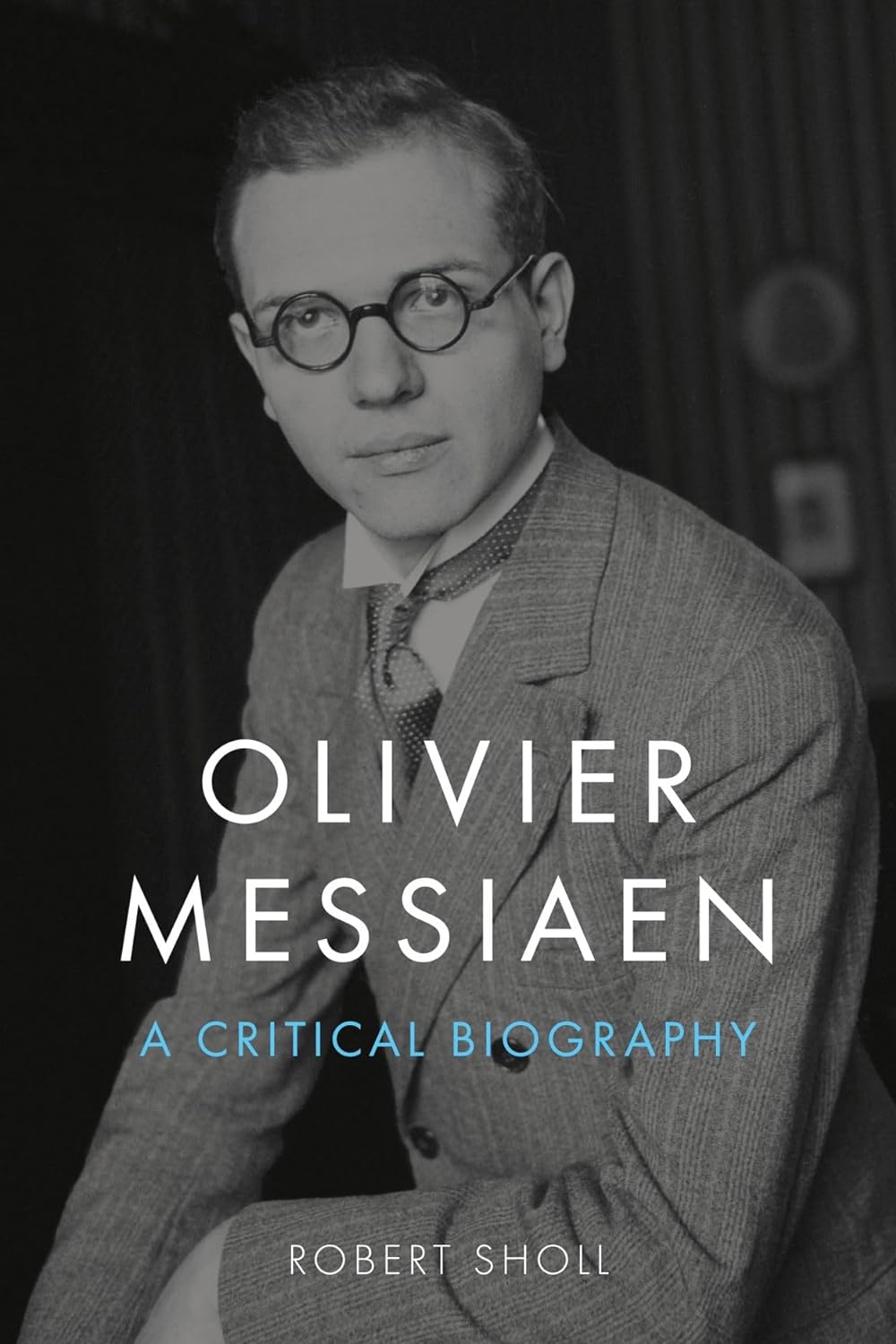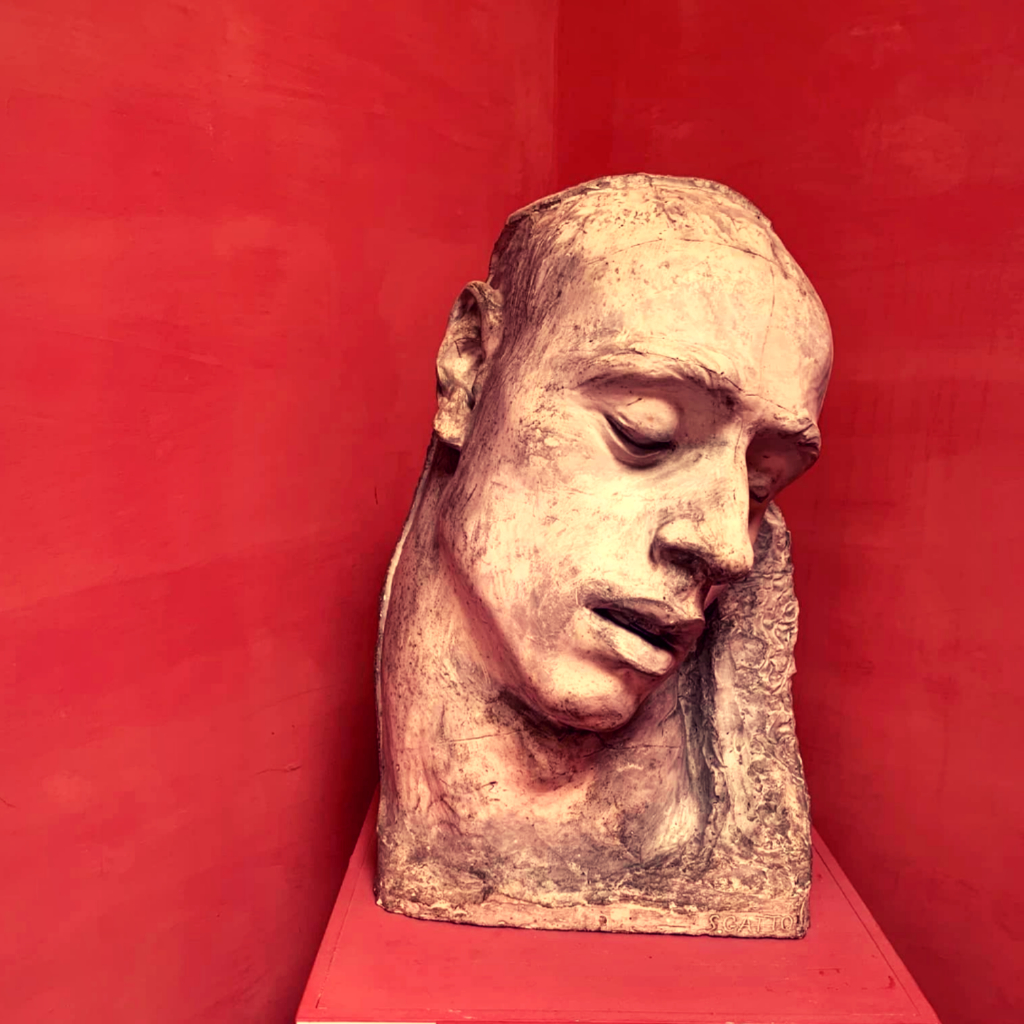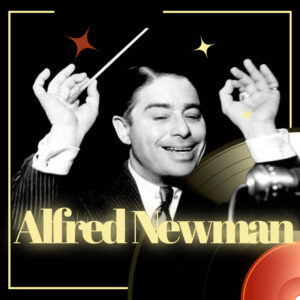
On January 15, 1941, in the chilled hall of a prisoner of war camp in German-controlled Silesia, a huge crowd of prisoners and Nazi guards gathered to listen to the musicians performing. Stalag was buried under the snow.
There were 30,000 of prisoners (mostly French, but there were also Polish and Belgians). Four musicians played broken instruments … the keys of Messiaen’s piano sank at the slightest touch … in the company of three musician friends, dressed in the most incredible way … completely ragged, with wooden shoes large enough to blood could circulate without paying attention to the snow under their feet … this is how they played this quartet … the most diverse classes of society mixed in the hall: farmers, workers, professional military people, doctors and priests.
The author of the music was Messiaen; he composed a quartet for cello, piano, clarinet, and violin for four instruments that were at the disposal of the camp musicians. It was one of the most popular works written during the war: “Quartet at the End of Time.” Few would dare to dispute the significance of the Quartet at the End of Time, one of the most outstanding works of the 20th century.
Olivier Messiaen was born on December 10, 1908, in Avignon. The composer’s parents belonged to the French intelligentsia: his father was a literary critic, and his mother was a poet. At a young age, he learned to play the piano unaided and began composing music. After the end of the First World War, the family moved to Nantes. There, Messiaen first began studying music with a professional teacher. In 1919 he entered the Paris Conservatory, and until graduation in 1930, he was one of the most successful students of this institution.
After graduating from the Conservatory, Messiaen received the prestigious position of organist in a large church. In 1936, he married Claire Delbeaux, and they had a son. In the same year, Messiaen, together with other composers: André Jolivet, Daniel Lesour and Yves Baudrier, created the “Young France” group, whose goal was to popularize new French music.
In 1939, when the war broke out, the composer was appointed to the post of nurse. The fact that Messiaen served in a hospital and not in regular troops did not protect him from the Nazis. Shortly after starting his service in a military hospital, Messiaen was captured and taken to the city of Görlitz in Silesia.
From 1940 to 1942, he was a prisoner of Stalag VIII-A (German: Stalag, permanent camp). During the first search in Messiaen’s pockets, the guards were surprised to find not weapons or ammunition, but scores.
The status of a musician gave Messiaen special “privileges” – he could play the camp organ, and also had access to writing instruments, which allowed the composer to compose music. Despite the fact that the living conditions in the POW camp were not as harsh as in other Nazi camps, however, for Messiaen it was difficult both emotionally and physically.
In the camp, Messiaen made friends with three other musicians; it was with these people that he performed his quartet for the first time in 1941.
One of the best performances: Olivier Messiaen – Quartet at the End of Time
Kyung-Wha Chung plays the 8th Mov. of Messiaen quartet for the End of Time (for piano, violin, cello and clarinet). Recorded live in New York in 1984
Since Kyung-Wha Chung mainly recorded romantic and early 20th century works, people tend think her repertoires are limited. Bur if one follows the documents of her concerts and recitals, it reveals full range of repertoires from Baroque to contemporary. This performance of Messiaen would be a good example of her ‘unusual’ repertoire and capability.




